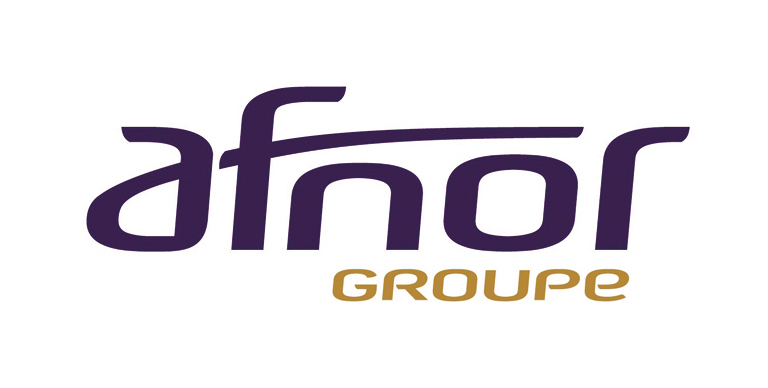Quality Assurance and Accountability
 The question of quality emerged slowly as an important factor for the success of the Bologna process and received only cursory mention in the original Bologna Declaration. However, as ministers met every two years to take stock of progress and define mid-term objectives, the issue of quality kept growing in importance, until it rose to the fore of the ministerial agenda. The Berlin Communiqué (2003) marked a major turning point by stating that “consistent with the principle of institutional autonomy, the primary responsibility for quality assurance in higher education lies with each institution itself”.
The question of quality emerged slowly as an important factor for the success of the Bologna process and received only cursory mention in the original Bologna Declaration. However, as ministers met every two years to take stock of progress and define mid-term objectives, the issue of quality kept growing in importance, until it rose to the fore of the ministerial agenda. The Berlin Communiqué (2003) marked a major turning point by stating that “consistent with the principle of institutional autonomy, the primary responsibility for quality assurance in higher education lies with each institution itself”.
Quality assurance in European higher education comprises three levels:
1. Institutional level: Enhancing quality
EUA has taken the lead in developing the capacity of higher education institutions to create internal quality processes through the Institutional Evaluation Programme (IEP) and various projects such as Quality Culture, Creativity in Higher Education and and Quality Assurance for the Higher Education Change Agenda (QAHECA). This last resulting in recommendations for HEIs and QA agencies on how to develop QA processes which can enhance creativity and innovation in higher education. In 2006, EUA also published Guidelines for Quality Enhancement in European Joint Master Programmes. Currently EUA is working on a project called Examining Quality Culture (EQC) through which it aims – along with its partners QAA Scotland and HRK from Germany – to map internal quality assurance processes in European higher education institutions and promote sharing of good practices.
2. National level: Enhancing external accountability procedures
Many countries that have signed the Bologna Declaration have at least one quality assurance or accreditation agency. Many of these agencies, as well as EUA, are members of the European Association for Quality Assurance (ENQA).
3. European level: Promoting the development of a European dimension for quality assurance
Since September 2001, EUA has been meeting regularly with ENQA, ESIB and EURASHE (E4 Group) to discuss how to develop a European dimension for quality assurance. This partnership resulted in the European Standards and Guidelines for Quality Assurance (ESG) which were adopted by the European Ministers for Education in Bergen in 2005. In relation to the ESGs, EUA – along with other E4 Group members – is currently working on a project that aims to map the experiences of various stakeholders in implementing the ESGs. At EUA’s initiative, the E4 organises an annual European Quality Assurance Forum (EQAF) since 2006. The EQAF gathers together QA agencies and higher education institutions at European level in order to bring forward a European QA agenda based on a broad understanding of what constitutes best QA practices in the context of European higher education trends. EUA is one of the founding members, along with other E4 Group members, of the European Quality Assurance Register for Higher Education (EQAR).
International level
Alongside its involvement in European policy development, EUA is also active internationally to ensure the visibility of European higher education on the world stage. Through its membership in INQAAHE, the CHEA International Commission, the UNESCO Global Forum and by lending its QA expertise to such multinational organisations as OECD, EUA strives to shape the international QA discussions as well.
The annual EQAF
EQAF 2011 – Quality and Trust: at the heart of what we do
The sixth European Quality Assurance Forum, entitled “Quality and Trust: at the heart of what we do”, will be hosted by the University of Antwerp and Artesis University College on 17-19 November 2011, and will take place in Antwerp, Belgium. Through a mix of plenary and parallel sessions, EQAF 2011 will specifically aim to explore the impact and essence of both internal and external QA, and how QA can be further developed to serve these better.
5th European Quality Assurance Forum (Lyon, 2010). Building bridges: Making sense of quality assurance in European, national and institutional context.A selection of papers from the 5th EQAF.
4th European Quality Assurance Forum (Copenhagen, 2009). Creativity and Diversity: Challenges for quality assurance beyond 2010. A selection of papers from the 4th EQAF.
3rd European Quality Assurance Forum (Budapest, 2008). Trends in Quality Assurance. A selection of papers from the 3rd EQAF.
2nd European Quality Assurance Forum (Rome, 2007). Implementing and Using Quality Assurance: Strategy and Practice. A selection of papers from the 2nd EQAF.
1st European Forum for Quality Assurance (Munich, 2006). Embedding Quality Culture in Higher Education. A selection of papers from the 1st EQAF.









/https%3A%2F%2Fprofilepics.canalblog.com%2Fprofilepics%2F1%2F0%2F1076071.jpg)